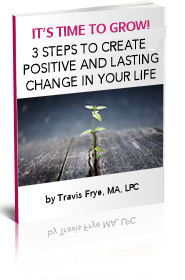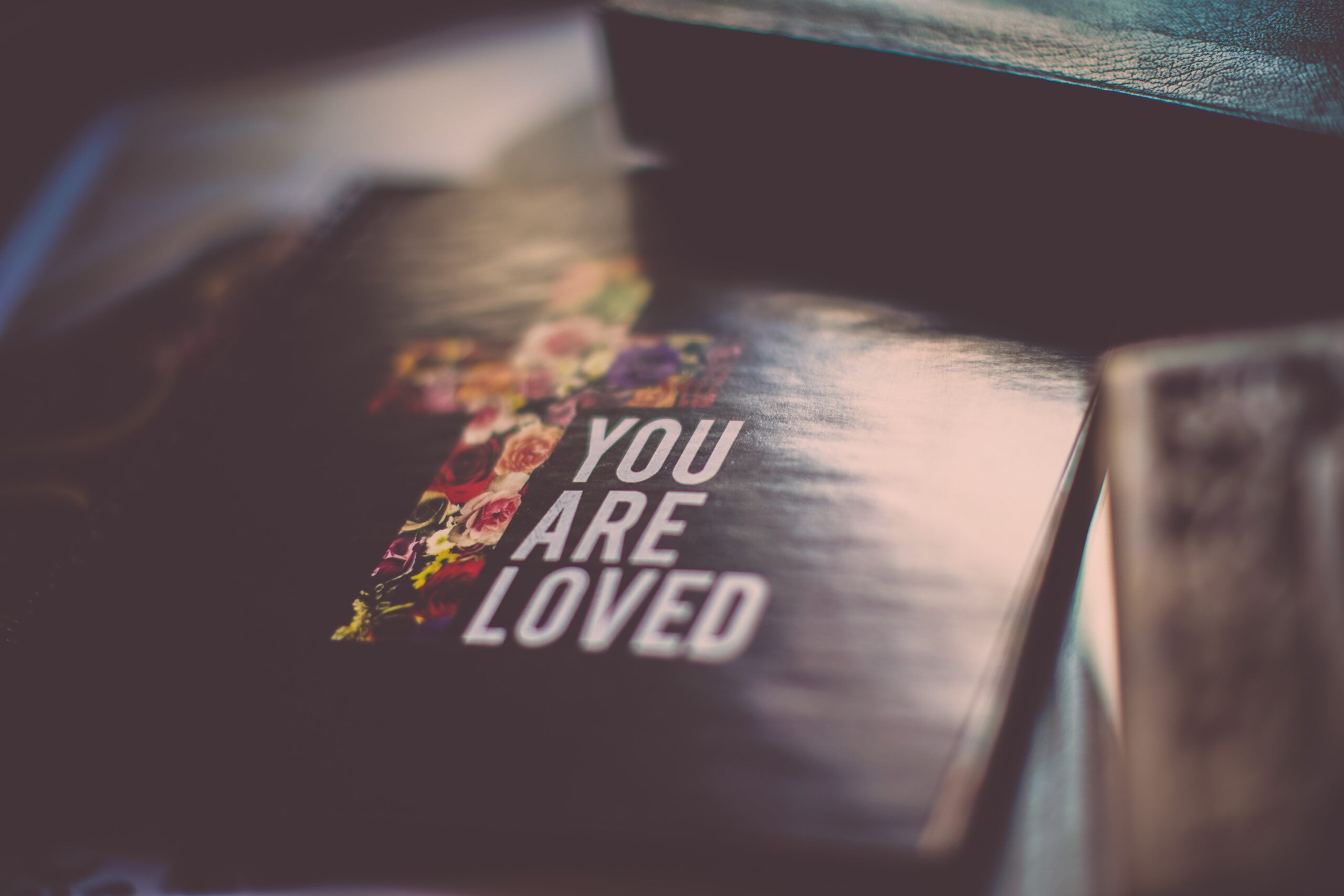What is guilt? The dictionary defines it as, “The act of having committed a specified or implied offense or crime.” What does it mean to be guilty? Again, the dictionary defines guilty as, “Culpable of or responsible for a wrongdoing.” Emotionally speaking, we often talk about feeling guilty when we have done something that goes against our values. Wikipedia says this about guilt:
“Guilt is an emotional experience that occurs when a person believes or realizes—accurately or not—that they have compromised their own standards of conduct or have violated universal moral standards and bear significant responsibility for that violation.[1] Guilt is closely related to the concept of remorse as well as shame.”
The above quote mentions shame. One way to conceptualize a major difference between guilt and shame is that whereas guilt often involves feeling bad shame has the characteristic of being bad. For instance, “I feel bad that I yelled at my child.” is an example of guilt. “I am a horrible parent.” is more an example of shame. By the way, if you would like to learn more about shame click here.
I believe guilt can have some helpful elements to it. It can be a part of our internal guidance system. Feeling bad for something we have done can help us to correct the behavior in the future. However, the problem is when the guilt becomes so overwhelming, debilitating, and chronic in nature. This is when guilt can morph into the more sinister experience of shame. Additionally, chronic guilt often paralyzes its host and drains them of all joy and peace.
What are we to do about chronic guilt? For starters, be aware of guilt and ask oneself, “What is the guilt letting me know?” In other words, is there an area of growth for me? In the example above of a parent yelling at their child it would be healthy for that parent to examine their behavior, search their heart, and make appropriate changes. The guilt becomes an indicator of needed change.
Another intervention for chronic guilt is to bring it into relationship with other people. In the same way shame cannot live where there is radical acceptance from safe people guilt cannot either. A safe friend, spouse, or confidant can give you honest feedback and support which can help you get unstuck from a guilt quagmire.
For those who have a Christian worldview it is important to remember that there is “no condemnation for those who are in Christ Jesus” (Rm 8:1). There is the feeling of guilt and there is also the state of guilt. We are all guilty (Rm. 3:23) and, as such, in desperate need of a Savior. Jesus not only can take away our feelings of guilt, but He is the only One that can free us from our guilty state!
Internalizing this truth so that it is not just understood intellectually but is realized experientially can be achieved, in part, through engaging in spiritual disciplines such as prayer, silence, solitude, mediation confession, and many others. If you’d like to learn more about click here.
Ultimately, the goal is to move from guilt to grace. Grace has many definitions and meanings. Among them are words such as freedom, acceptance, empathy, and knowing/experiencing that God, a friend, a spouse, a mentor, etc. is truly with you and for you. Especially when you fail. When you don’t deserve it. This is grace. My hope is that you’ll move from the shackles of guilt and experience grace more abundantly in your life.
If guilt has plagued your life even though you may have tried ways to overcome it meeting with a guide is perhaps what will help you in your journey. The Christian Counselors at Crossroads can help you take a deep dive into yourself, your story, and help you to connect to God so that you can truly experience what it means to live without condemnation. Even if you are not a Christian or religious but want help overcoming chronic guilt give us a call. We respect people’s beliefs and work with people all over the religious spectrum.
Move From Guilt to Grace. Work With a Therapist in Phoenix, Scottsdale, and online in Arizona
Our team of Christian therapists understands that the decision to start therapy can be challenging. This is why we are happy to offer a complimentary 20-minute phone consultation. Our locations for counseling are located throughout the valley with counseling centers located in Phoenix, Anthem, Scottsdale and online anywhere in Arizona. You can start your therapy journey with Crossroads Counseling by following these simple steps:
- Contact Crossroads Counseling for a complimentary 20-minute phone consult
- Meet with a Christian therapist
- Start the healing process
Feel free to learn more about our practice by visiting our about page, FAQ, and blog, or read more about our staff members to start finding your best therapeutic fit! or, call us at 623-680-3486, text 623-688-5115, or email info@crossroadsfcc.com for more information!





